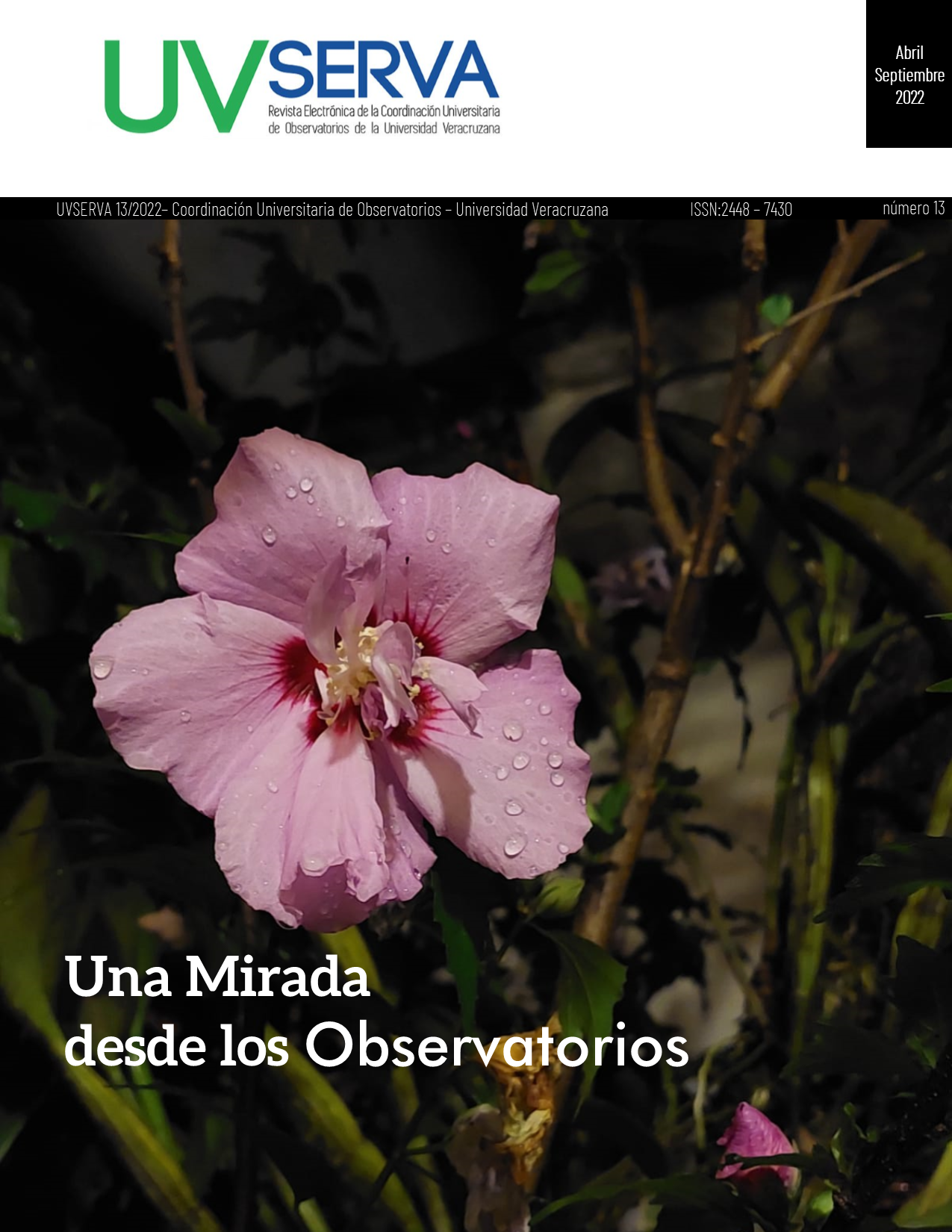Abstract
The Medical Education and Human Rights Observatory was created five years ago, with the mission of researching and promoting human rights during the training process of general practitioners and specialists. To date, it is verified, by the recommendations that the National Human Rights Commission continues to issue, that the problem that gave rise to the observatory persists. However, favorable conditions are created for the study and application of clinical-teaching ethics, through the recently formed Clinical-Teaching Ethics Committee of the Faculty of Medicine-Veracruz, of the Universidad Veracruzana. Adapting the training of general practitioners and specialists in medical units to ethical guidelines will significantly help to resolve the problem described.
References
CEDH Veracruz. (2021). Comisión Estatal de Derechos humanos de Veracruz. Recomendación 032/2021. https://bit.ly/38Csixt
CNDH. (2018). Comisión Nacional de Derechos Humanos. Recomendación general 15/2009. Sobre el derecho a la protección de la salud. https://bit.ly/3jBigPG
Lolas, F. Quezada, A. & Rodríguez, E. (Editores) (2006). Investigación en salud. Dimensión ética. Chile: CIEB Universidad de Chile. https://bit.ly/3vdjxSo
OBEME. (2022). Observatorio de Educación Médica y Derechos Humanos. Ejes estratégicos. https://www.uv.mx/obeme/ejes-estrategicos/
Ruiz, J. (2021). Sara Ladrón de Guevara rechazó recomendación de la CEDH tras la muerte de una menor. Voz en libertad. Imagen de Veracruz. https://bit.ly/3JEqdxS
Topete, J. (2021). UV sí atendió recomendación de la CEDH por caso de niña indígena fallecida. Alcalorpolítico. https://bit.ly/3vjOVyo
Vázquez, D. (2017). Reflexiones que justifican la constitución del Observatorio de Educación Médica y Derechos Humanos. UVSERVA, (3) 111-113. https://doi.org/10.25009/uvs.v0i3.2541

This work is licensed under a Creative Commons Attribution-NonCommercial 4.0 International License.
Copyright (c) 2022 Francisco Domingo Vázquez Martínez, Manuel Saiz-Calderón Gómez

